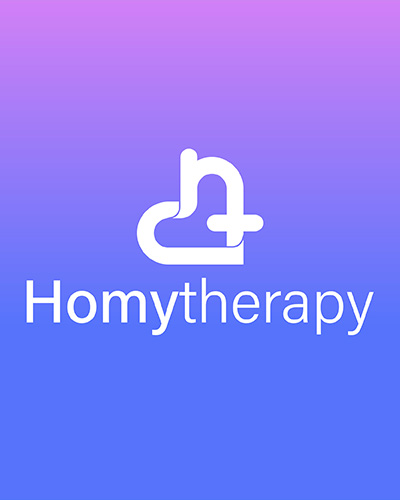"Understanding the Power of Positive Psychology: A Path to Happiness"
Positive psychology is a field that delves into what makes life worth living. It's a movement focused on the study of human strengths, virtues, and factors that contribute to a fulfilling life. While traditional psychology often addresses mental health issues and disorders, positive psychology looks at the positive aspects of human experience. In this article, we'll explore how positive psychology can be integrated into online therapy to help individuals find their path to happiness.
Online therapy, also known as teletherapy or telehealth, has emerged as a convenient and accessible platform for mental health support. By blending the principles of positive psychology with the benefits of online therapy, individuals can find an effective path to happiness and well-being from the comfort of their own space.
Positive psychology suggests that happiness is not merely the absence of negative emotions but a state of well-being marked by optimism, gratitude, resilience, and the pursuit of personal strengths. It's about living life to its fullest potential.
One of the core concepts in positive psychology is the "perma model," which outlines five key elements for a happy and fulfilling life:
-
Positive Emotions: Cultivating happiness by focusing on positive experiences, joy, gratitude, and appreciation.
-
Engagement: Immersing yourself in activities and experiences that you are passionate about and that provide a sense of flow.
-
Positive Relationships: Nurturing strong and meaningful connections with others, which are a significant source of happiness.
-
Meaning: Seeking and finding a purpose in life, something that goes beyond personal satisfaction.
-
Accomplishment: Setting and achieving meaningful goals that provide a sense of accomplishment and competence.
When integrated into online therapy, positive psychology can serve as a guiding framework for both therapists and clients. It offers a positive lens through which clients can explore their strengths, relationships, and personal aspirations. Through guided discussions and exercises, therapists can help clients identify and nurture positive emotions, find meaning in their lives, and set achievable goals.
Online therapy's flexibility in scheduling and comfort in one's chosen environment align well with the principles of positive psychology. It allows individuals to create a therapeutic space where they feel most at ease, making the journey towards happiness more accessible.
Furthermore, online therapy can provide a sense of community and connection. Building positive relationships and support networks is an essential aspect of happiness. Therapists can guide clients in fostering meaningful connections with friends, family, and support groups, even in the online sphere.
The tools and resources offered in online therapy can complement the principles of positive psychology. From goal-setting exercises to gratitude journals, these resources empower individuals to take an active role in their pursuit of happiness.
The marriage of positive psychology and online therapy offers an innovative approach to mental health support. It empowers individuals to not only address mental health challenges but also to cultivate a positive mindset and achieve a fulfilling life. By embracing this approach, individuals can discover their unique path to happiness and well-being, taking control of their mental health journey from the convenience of their own space.






